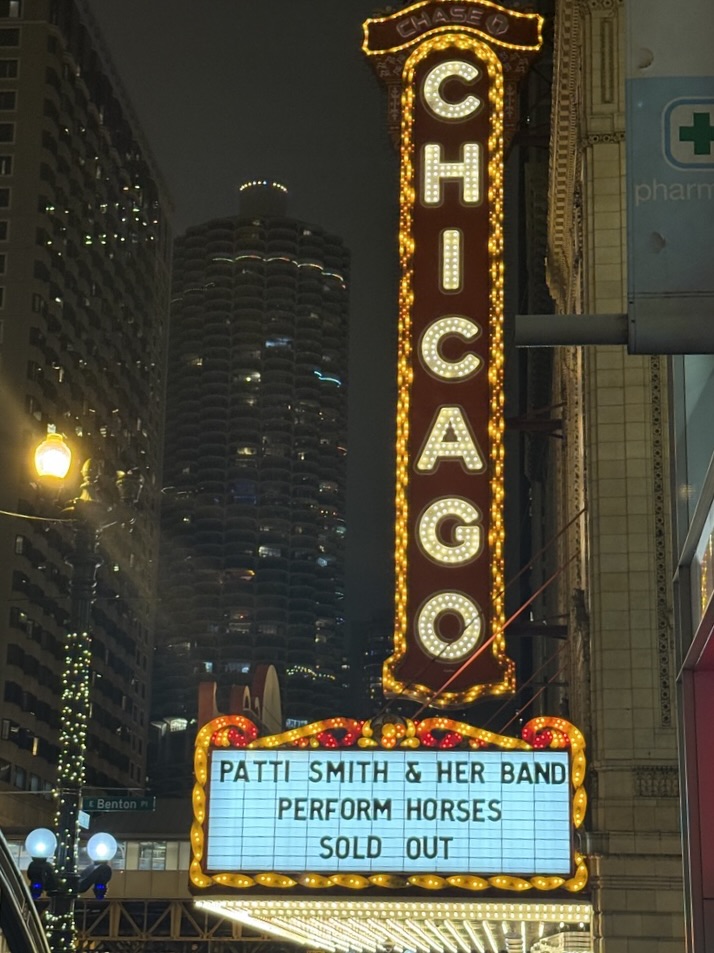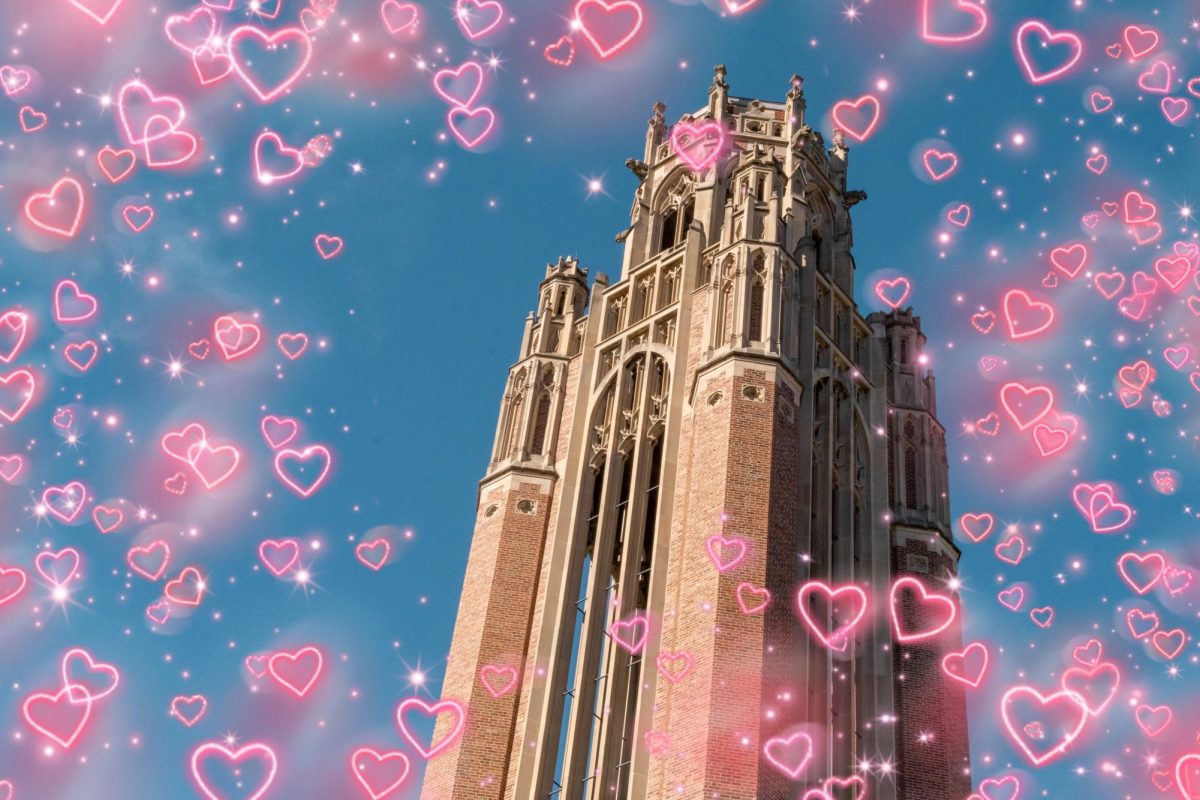So it was about 4:30 a.m. here in the office when Pete & I finally acquired an mp3 of “Heaven I Need a Hug,” R. Kelly’s unfortunately titled new single. Better yet it was a radio rip, the DJ fading in over the outro to announce, “that’s hot—I’m feelin’ this. A whole lot.” We were feelin’ it too. I threw a rod laughing.
Maybe it was the time of the morning. Maybe I should feel bad about it. What he most likely did (1) was admittedly pretty bad on legal, moral and aesthetic levels.(2)
But on some level, this is where we expected R. Kelly to end up: facing 15 years hard time and responding to it with a song about God, women, the music industry and the media. The shame—of the song, at least—is that it sucks so much.
Once upon a time, R. Kelly was going to be the next great soul singer. This is not to say that he was going to be the next Joe Tex, or the next Marvin Gaye. Kelly’s gift, or at least his promise, was to channel these artists into a new, harder era. He had the gospel training of Al Green and Aretha Franklin, but didn’t wait to be explicit about it. He was also going to be the next great musical thug, the equal (at least) of “Hypnotize”-era Biggie Smalls.
Recall: “Religious Love,” “Heaven If You Hear Me,” “Hump Bounce” and “You Remind Me,” (3) all on his 1995 release R. Kelly, probably his high-water mark as an artist. The subsequent R. featured, “We Ride” with Jay-Z and Noriega, and “I’m Your Angel,” a duet with Celine Dion. This was, of course, followed by “I Believe I Can Fly,” which I know you know you remember. And it worked, even if the (2+ hour) double album didn’t as a whole.
For a brief, hopeful time, R. Kelly was your one-stop resource for not just black music, but the weird amalgamation of sex, God, love, peace, confusion and money that’s been American music from Robert Johnson through Elvis and Johnny Cash and Prince to DMX. Kelly was always criticized for his lack of subtlety, but his lack of subtlety was an aspect of his short-lived genius. Few artists have dared to challenge listeners with such an unapologetic mix of themes that rarely work together in this, or any other, context.
Kool Keith is not the black Elvis. R. Kelly is the black Elvis. I can’t think of another artist who so unselfconsciously combined carnality, the church, and completely unreconstructed bubblegum crap since the King. Elvis’s legacy is not just his electric days in the 1950s; it’s also “American Trilogy” and Fun in Acapulco: if Celine Dion had been around to put on a floral-print bathing suit, Elvis would have sung with her. It’s also his hideously ugly downward spiral, (4) which R. Kelly is looking down the edge of. His legacy, in part, is R. Kelly.
Another obvious comparison is Jerry Lee Lewis—a similarly sexed-up former church boy who left his career for a too-young lady. (5) But Lewis more or less redeemed himself by disappearing for a long time and then retiring to a career of gospel and country. In essence he dodged it, ensuring himself reasonably distinguished golden years but failing himself artistically.
The folks in the office are suggesting Chuck Berry. Fair enough, though he’s never seemed that sexualized to me—too cutesy. (6) At least not until “My Ding-a-Ling,” which suggests a third way for R. Kelly to respond to his crisis. Which is to say roll with it. I’d argue that this is basically an impossibility at this point: R. Kelly’s latest incident destroys so many boundaries of legality and taste and squeamishness that anything even remotely synonymous with “My Ding-a-Ling” would be an unprecedented act of career immolation. This is a man who dueted with Celine Dion. He wants it too badly.
And in wanting it too badly he’s done himself no favors with “Heaven I Need a Hug.” It’s consistent with his career, but totally inexplicable otherwise that, in the face of complete disaster, he turned himself into—Michael Jackson. If you’re going through the history of R&B singers you might as well, I guess, but historically it hasn’t worked out so well. And “Heaven I Need a Hug” is nothing if not a gospelized Jacksonian potshot at real and imagined enemies. As Pete put it, “he calls out everyone—his fans, the media, women, Jesus—pretty much just drawing the line at God.” It’s remincent of “Privacy” and “They Don’t Care About Us” (7) and just as noxious and frustrating to listen to (provided he’s guilty, of course [8]).
And that’s what destroys the song. Michael Jackson is pretty much the antithesis of everything that used to make R. Kelly great. As great a musician and showman as he was, no one did more to steal the soul of pop music than Jackson. Think of it this way—Elvis: Vegas = R. Kelly: Michael Jackson.
Jackson’s musical influence sucked out much of the sexual and religious tension that made R. Kelly great, and that could have made “Heaven I Need a Hug” great. Save for the chorus, it’s dripping in Jackson’s now familiar disorganized blame. In emulating Jackson—one of the most arrogant artists of our time, a staggering arrogance in the face of his stagnant music—R. Kelly lost the classic soul humility that gave his music texture beyond that of his peers. Were Kelly to have met his inner conflict head-on a la Robert Johnson or Johnny Cash, it would have made for compelling, possibly brilliant music—rather than a phoned-in pop nugget that can be dismissed with a laugh.
Maybe I should be embarrassed to write this. Morally speaking it’s probably unwise to hope for someone as apparently morally bankrupt as R. Kelly to disprove Fitzgerald’s dictum that there are no second acts in American life, something no truly disgraced American musician has done properly.
If God is just, however, here’s how the whole thing should play out: R. Kelly gets sent up for the 15 years he’s been promised, gets out, and, following Al Green, preaches on the South Side until he resurrects his career with an album of new-jack gospel. The promise of American music is the promise of redemption, but only for those who ask for it. And R. Kelly has that promise. It’s present in the moral spectrum of his early albums, it’s present in “I Believe I Can Fly” (which in its stirring production and utter conventionality asks for everything an American audience, from Space Jam-entranced 12-year-olds to church-going moms, is willing to give), and it’s still present in his church-rafters voice. Call it Kelly’s Confessions.
We’re praying for you, R. Kelly. Just not in the way you might think.
FOOTNOTES, ERRATA
1 I’m using the phrase “most likely did” out of some vague sense of journalistic integrity. But at this point, sending R. Kelly up on most anything involving the underage should be, to borrow a phrase from P.J. O’Rourke, less like shooting fish in a barrel than sticking a 12-gauge into a goldfish bowl.
2 I’m assuming you’re pretty familiar with this, especially if you read the Sun Times, the R. Kelly-paper-of-record. I won’t describe it so that the phrase “pee sex” doesn’t re-enter our august pages.
3 “You remind me of my Jeep/ I wanna ride it/ You remind me of my sound/ I wanna pump it.”
4 I still maintain that one of the greatest works of American literature in the past 50 years is Peter Guralnick’s two-volume Elvis bio, Last Train to Memphis and Careless Love, a blend of Fitzgerald’s class sense, Faulkner’s gothicism, Thompson’s 1970’s drug balladry and Jacqueline Susann’s wretched excess, only it’s all true.
5 One could say that cousin-marriage is sort of the pee sex of its time. If one were inclined.
6 Vid. “Teenage Wedding.”
7 “I’m tired of bein’ the victim of hate/ Your’re rapin’ me of my pride/ Oh for God’s sake/ I look to heaven to fulfill its prophecy/ Set me free .”
8 I still might want to go to J-school. Sorry.








